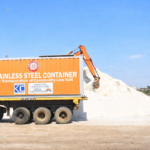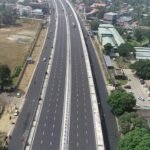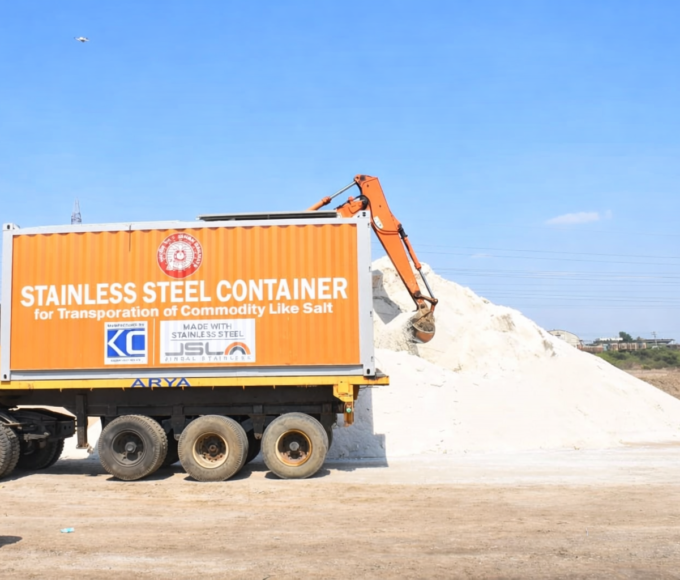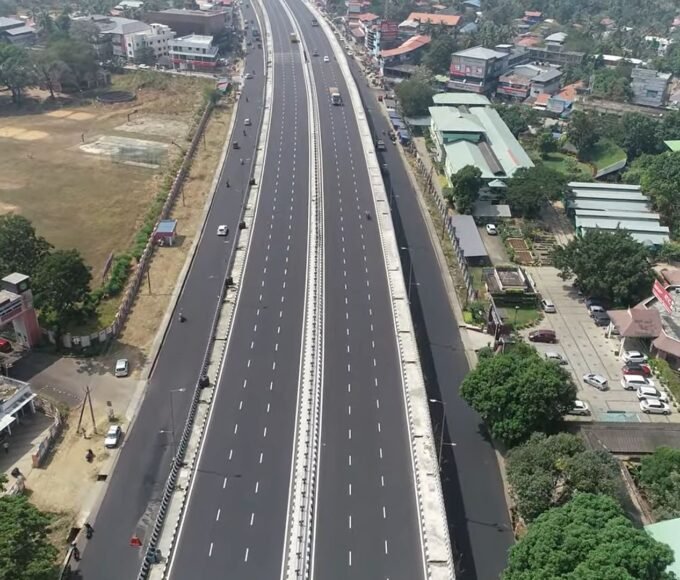Recent Posts
IISc and KMRL Join Hands to Transform Kochi’s Urban Mobility Landscape
February 13, 2026SC Tells States, High Courts to Crack Down on Illegal Constructions

The Supreme Court has put forth a very strong call to the state governments and high courts to clamp down on illegal constructions, cautioning that the unabated proliferation of illegal buildings was thereby undermining urban planning and taxing the infrastructure already precariously placed with appropriate safety of people.
The bench of Justices JB Pardiwala and KV Viswanathan, in the course of hearing two separate matters, reiterated that violations as such are not subject-matter private disputes but rather an enormity of public interest warranting strict enforcement thereof.
In respect of one matter arising from Howrah, West Bengal, the bench set aside a plea from a construction firm challenging the order of the Calcutta High Court for the demolition of unauthorized portions of a building. It was remarked that the Howrah Zilla Parishad had already found the developer guilty of wilful violation of the sanctioned plans. The judges appreciated the stand taken by the Calcutta High Court and requested the High Court to extend its inquiry to all illegal structures in Kolkata: “It is high time that the High Court in larger public interest takes up this issue and ensures that every unauthorised construction is dealt with appropriately in accordance with law,” the order said.
In another case, the bench issued notice to the Odisha government to comply with its landmark ruling of December 2024 on nationwide safeguards against illegal constructions. The directives include:
- Mandatory builder undertakings that flats or commercial spaces will be handed over only after valid completion or occupation certificates.
- Periodic inspections by authorities.
- Denial of water, power, and sewerage connections to illegal buildings.
- Strict departmental action against complicit officials.
The court reminded Odisha that its 2024 judgment made clear that illegal structures cannot be regularised. It stressed that strict adherence would deter violations and reduce litigation.
The 2024 ruling, delivered in a case from Meerut, also extended accountability to service providers, licensing authorities, and banks—directing lenders to sanction loans only after verifying completion certificates and denying business licences to unauthorised projects.
Calling illegal construction a “social menace,” the apex court warned that neither delays nor regularisation drives can shield violators. “The State is unmindful that this gain is insignificant compared to the long-term damage it causes to urban development and the environment,” it observed.
- banks and property loans
- builder violations
- building approvals
- Buildwatchnews
- Calcutta High Court
- civic infrastructure
- completion certificate
- construction rules
- demolition order
- housing sector
- Howrah case
- illegal construction menace
- illegal constructions
- India judiciary
- Meerut case
- occupation certificate
- Odisha government
- property disputes
- public safety
- real estate law
- SC order
- state governments
- Supreme Court
- unauthorised buildings
- Urban Development
- Urban Planning
Recent Posts
Coimbatore Western Bypass to Be Transferred to State Highways Authority
February 13, 2026Categories
- 20264
- Acquisition4
- Airport31
- AP155
- Apartments182
- Architecture4
- Bengaluru285
- Budget11
- Budget 202521
- Cement204
- Chennai518
- Coimbatore2
- Construction1,158
- Construction Material Price Updates1
- Copper1
- Corporation5
- Court1
- CREDAI71
- Editors Pick43
- Equipment59
- Events13
- Export61
- GST18
- Highways137
- Hotel28
- Housing254
- Hyderabad132
- import65
- India411
- Industrial523
- Infrastructure846
- Interiors32
- Investment162
- Iron Ore104
- Karnataka137
- Kerala83
- Labour13
- Land218
- Leasing20
- Logistics104
- Market Updates690
- Metal179
- Metro128
- Mining125
- MSME23
- News2,192
- NHAI109
- Office Space24
- Paints43
- Port13
- Power Shutdown2
- Properties215
- Puducherry13
- Railways15
- Real Estate1,001
- REIT8
- Rental20
- Results12
- Road254
- Sand45
- Short News117
- SIPCOT26
- Steel Daily525
- Stocks112
- Tamil Nadu585
- Technology140
- Telangana148
- TIDCO19
- Tourism5
- Trade164
- Trending News1,207
- Trichy1
- Video2
- warehouse123
Related Articles
Jindal Stainless Partners Indian Railways to Develop Corrosion Resistant Salt Containers
Jindal Stainless has partnered with Indian Railways to manufacture India’s first corrosion...
BySamrita JosephFebruary 13, 2026India Plans 50 New Airports in Five Years, Major Boost for Real Estate Sector
India’s plan to add 50 new airports over the next five years...
BySamrita JosephFebruary 13, 2026Coimbatore Western Bypass to Be Transferred to State Highways Authority
The Coimbatore Western Bypass project will be transferred to the Tamil Nadu...
BySamrita JosephFebruary 13, 2026AAI to Invest Rs 3,490 Crore in Air Traffic Management and Navigation Upgrade
Airports Authority of India plans a Rs 3,490 crore investment to modernise...
BySamrita JosephFebruary 13, 2026















Leave a comment